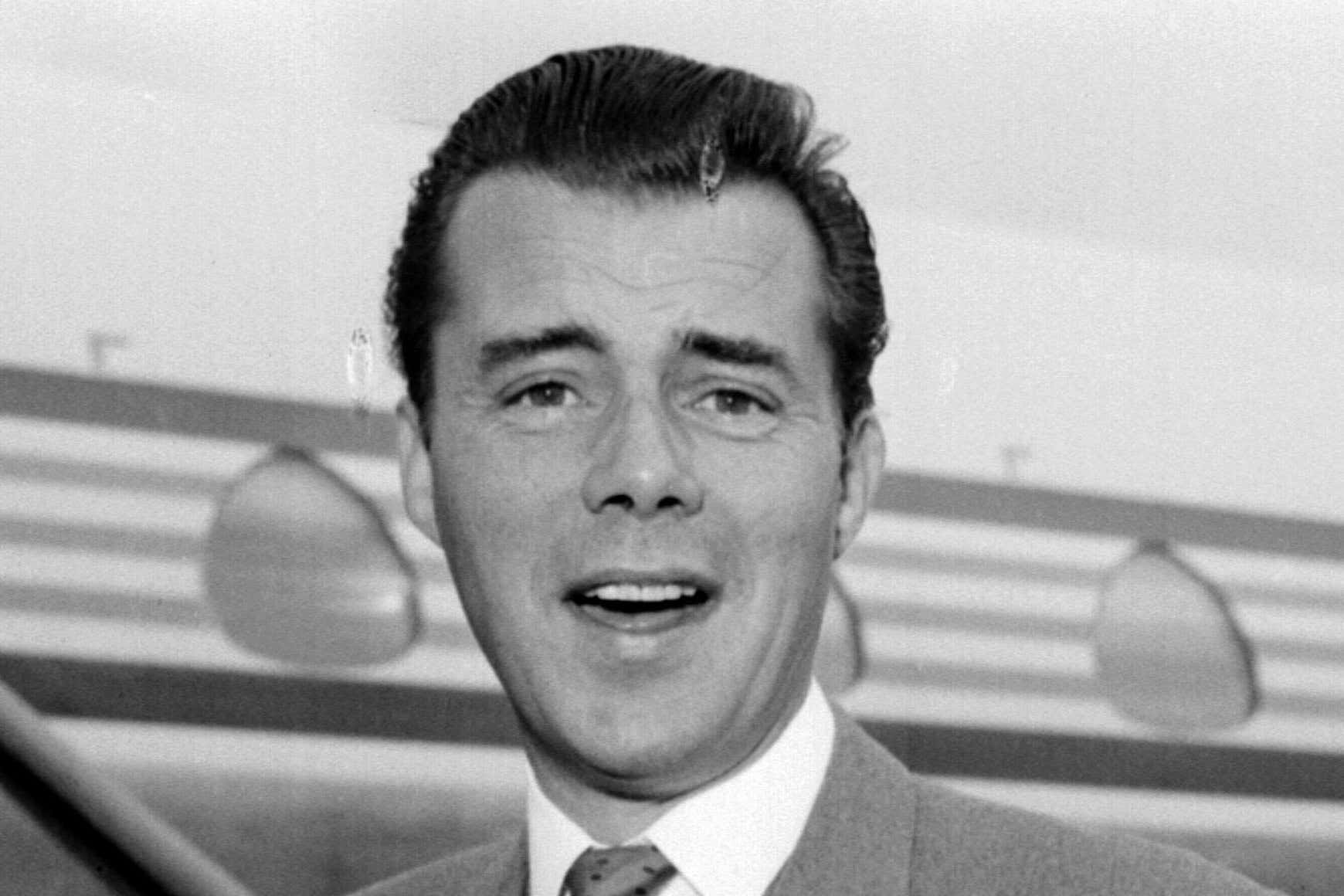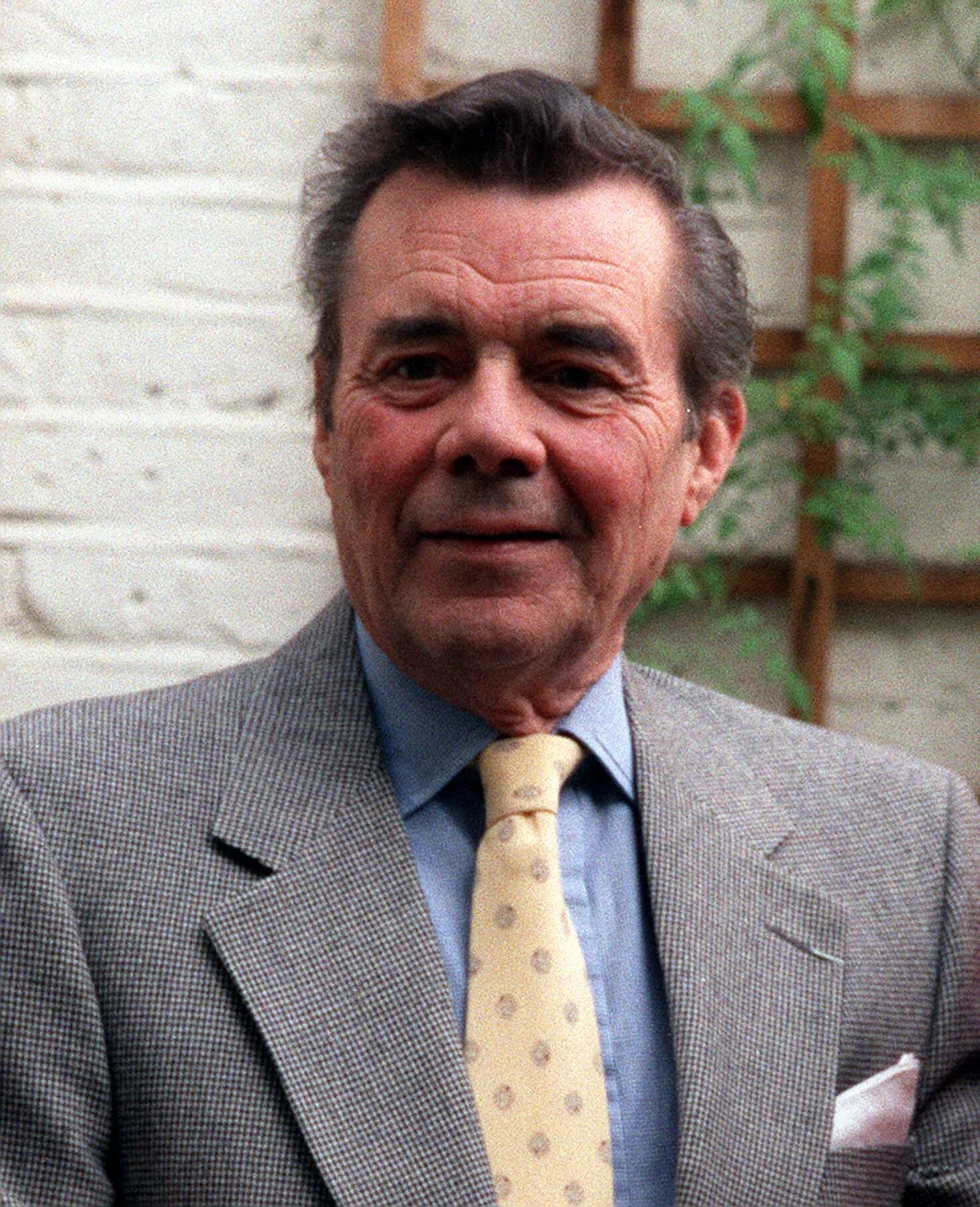Dirk Bogarde and the KGB’s gay entrapment plot: MI5 files reveal secret warning to British film icon
Newly declassified files show the actor’s name was on a list of ‘practising British homosexuals’ passed to the Russians
Dirk Bogarde, one of Britain’s most celebrated actors, was once warned by MI5 that he could be the target of a gay “entrapment” sting by the KGB, according to newly declassified intelligence files.
The documents, released to the National Archives in Kew, west London, reveal that Bogarde was informed in the 1970s that his name appeared on a list of “six practising British homosexuals” reportedly passed to the Soviet intelligence agency.
The revelation left the actor “clearly disturbed”, although MI5 ultimately concluded he was an unlikely target for a KGB operation, describing him as a “retiring, serious” man.
Bogarde, who passed away in 1999, never publicly came out as gay, though he shared a long-term relationship with his manager, Anthony Forwood. His career – which saw the majority of his roles come in the Fifties, Sixties and Seventies – ranged from lighthearted comedies such as Doctor in the House and its sequels, to pioneering and serious films tackling gay themes, including Victim and Death in Venice. He also won a Bafta for his role in Darling, which co-starred Julie Christie.

The intelligence files provide insight into MI5’s concerns over Bogarde’s potential vulnerability to KGB exploitation. In 1970, MI5 learned that Bogarde had been named as gay to the Russians by a man who himself had fallen victim to a KGB sting during a visit to Moscow in the late 1950s.
Separately, a KGB defector claimed that a young British actor had been targeted for recruitment in the Soviet capital, mentioning the actor starred in a film with a title like “The kingdom of something”, MI5 speculated that this might refer to Campbell’s Kingdom, in which Bogarde had a leading role.
Although MI5 found no evidence that Bogarde had ever visited Russia, their concerns prompted them to dispatch an officer, FM Merifield, to interview the actor at the British consulate in Nice in 1971. During the meeting, Bogarde reportedly responded to the allegations with a mixture of anger and alarm.
“Bogarde said that the report was absurd and he did not know how the KGB could have received this information. He was a man of 50 and able to behave in a responsible fashion,” Merifield’s report noted. “Bogarde had no idea as to how the report may have reached the KGB and was clearly disturbed by it.”

Merifield reassured Bogarde that MI5’s primary concern was to ensure he did not fall victim to a “simple trap” should he ever visit the Soviet Union. “The KGB did not seem to have taken steps to follow up on the report, and he did not seem to be a promising target for them,” Merifield concluded.
The files reflect the lingering stigma surrounding homosexuality at the time. While homosexual acts had been decriminalised in England and Wales in 1967, discrimination and prejudice remained widespread, and MI5’s notes suggest an awareness of Bogarde’s private life. Merifield described Bogarde as “a retiring, serious man” who was likely “dominated in his private life by Forwood.” Although Merifield found the evidence of Bogarde’s homosexuality “too strong to discount”, he saw no reason to doubt the actor’s account of other matters.
Following his acting career, Bogarde settled in the south of France, where he wrote a series of successful novels and memoirs. His later years were marked by personal loss and health challenges. Forwood, who was battling liver cancer and Parkinson’s disease, died in 1988. Bogarde suffered a minor stroke the year before Forwood’s death and a more serious one in 1996, which required significant care until his passing in 1999 at the age of 78.
The release of these files sheds new light on the actor’s life, offering a glimpse into the era’s fraught politics and the personal challenges faced by one of Britain’s brightest stars.
Bookmark popover
Removed from bookmarks